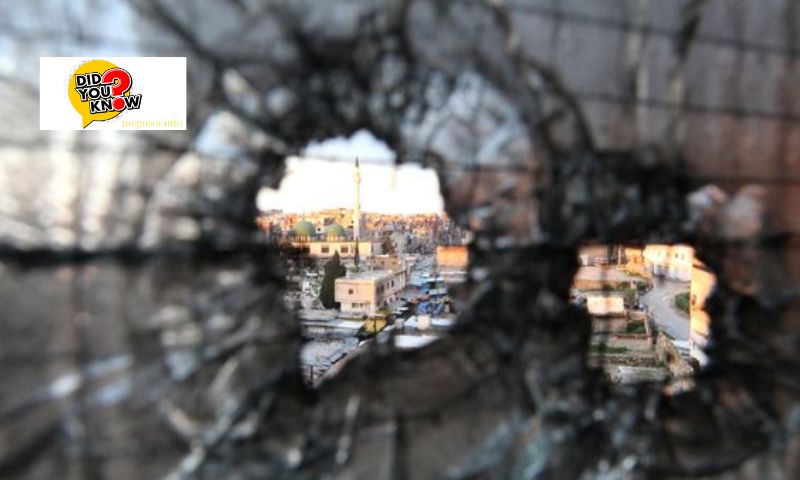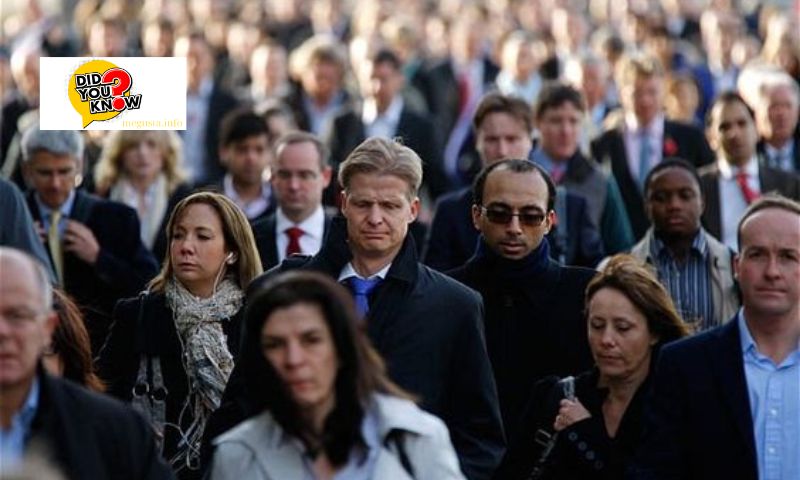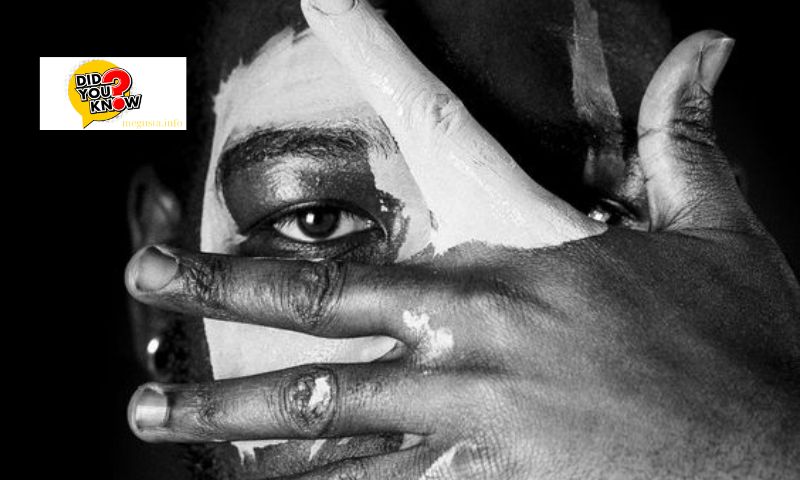In the realm of global politics and international relations, certain countries often find themselves at the center of controversy, labeled as “the most hated country in the world.” This designation is not merely a matter of public opinion but carries significant diplomatic, economic, and social implications. Understanding why a country earns such a reputation involves examining various factors—from political decisions and human rights issues to cultural misunderstandings and media portrayal. This article from megusta.info delves into the complexities surrounding this contentious label, aiming to provide insight into the dynamics that shape global perceptions and the efforts undertaken to alter them.
Factors Contributing to Hatred

The designation of “the most hated country in the world” typically stems from a combination of political decisions, international policies, and their global impact. These decisions often provoke strong reactions from other nations and international organizations. For instance, economic sanctions imposed by a country may be perceived as aggressive or unfair, leading to widespread condemnation and negative sentiment. Additionally, military interventions or geopolitical maneuvers can exacerbate tensions and contribute to the country’s negative image on the world stage.
Human rights violations also play a crucial role in shaping global perceptions. Instances of repression, censorship, or discrimination against minority groups can lead to widespread condemnation and calls for accountability. Such actions not only tarnish a country’s reputation but also strain its diplomatic relations with other nations and international bodies. Countries accused of systematic human rights abuses often face international scrutiny and pressure to reform their policies to improve their global standing.
Economic policies and practices can also contribute to a country’s reputation as the most hated. Unfair trade practices, currency manipulation, or exploitation of natural resources can lead to accusations of economic imperialism or exploitation of weaker economies. These practices can result in economic sanctions or trade restrictions imposed by other countries, further isolating the nation and reinforcing its negative perception globally.
Global Perception and Media Coverage

The media plays a significant role in shaping public opinion and influencing perceptions of a country. The portrayal of a nation in international media can either reinforce or challenge existing stereotypes and biases. Countries labeled as the most hated often find themselves subjected to negative coverage, focusing on controversies, conflicts, or crises within their borders.
Public opinion polls conducted globally provide insights into how a country is perceived internationally. These polls measure attitudes towards specific nations and highlight trends in global sentiment. Countries identified as the most hated typically receive low favorability ratings and are viewed unfavorably across multiple regions. Such polls underscore the challenges faced by these nations in improving their global image and fostering positive international relations.
Comparative analysis with other controversial nations can provide context to understand why a particular country earns the title of the most hated. By examining similarities and differences in their policies, actions, and international relations, insights can be gained into the factors that contribute to negative perceptions and global condemnation. This comparative approach helps contextualize the complexities of international relations and the dynamics of global power dynamics.
Cultural and Social Impacts
Cultural misunderstandings and stereotypes can exacerbate tensions between nations and contribute to negative perceptions. Misinterpretations of cultural practices, religious beliefs, or social norms can lead to prejudice and discrimination against a country and its people. Addressing these misunderstandings through cultural diplomacy and educational exchanges is crucial in fostering mutual understanding and promoting positive relations between nations.
Social media platforms also play a significant role in shaping public opinion and influencing global perceptions. The instantaneous nature of social media allows information and opinions to spread rapidly, impacting how a country is viewed internationally. Negative narratives or propaganda campaigns on social media can further damage a country’s reputation and undermine its efforts to improve its global image.
International relations and diplomatic consequences are profound for countries labeled as the most hated. Diplomatic efforts to repair relationships and rebuild trust with other nations are essential in overcoming negative perceptions and fostering cooperation. Cultural diplomacy initiatives, such as cultural exchanges, educational programs, and artistic collaborations, can promote cross-cultural understanding and bridge divides between nations.
Efforts Towards Change and Reconciliation

Despite being labeled as the most hated country in the world, nations often undertake significant efforts to change perceptions and improve their global standing. Diplomatic efforts play a crucial role in rebuilding trust and repairing relationships with other nations. Engaging in dialogue, negotiation, and conflict resolution initiatives demonstrates a commitment to peaceful coexistence and international cooperation.
Cultural diplomacy initiatives aim to promote cultural understanding and appreciation among nations. Through cultural exchanges, artistic collaborations, and educational programs, countries can showcase their cultural heritage and foster mutual respect and understanding. These initiatives contribute to bridging cultural divides and promoting tolerance and acceptance on a global scale.
Public relations strategies are also employed to improve a country’s image and perception internationally. By highlighting positive achievements, promoting transparency, and addressing criticisms constructively, nations can reshape public opinion and garner support for their policies and initiatives. Building alliances with influential stakeholders, such as international organizations, civil society groups, and foreign governments, can strengthen a country’s position and credibility on the world stage.
Conclusion
In conclusion, being labeled as the most hated country in the world is a complex designation that reflects a combination of political decisions, human rights issues, economic policies, and cultural perceptions. Understanding the factors contributing to this label requires a nuanced examination of global dynamics and international relations. Efforts towards change and reconciliation involve diplomatic initiatives, cultural diplomacy, and strategic public relations efforts aimed at improving a country’s global image and fostering positive international relations.
As global perceptions evolve and geopolitical landscapes shift, the challenge for countries labeled as the most hated lies in addressing underlying issues, promoting dialogue, and building trust with the international community. By undertaking meaningful reforms, engaging in constructive dialogue, and demonstrating a commitment to transparency and accountability, nations can strive to overcome negative perceptions and contribute to a more peaceful and interconnected world.

